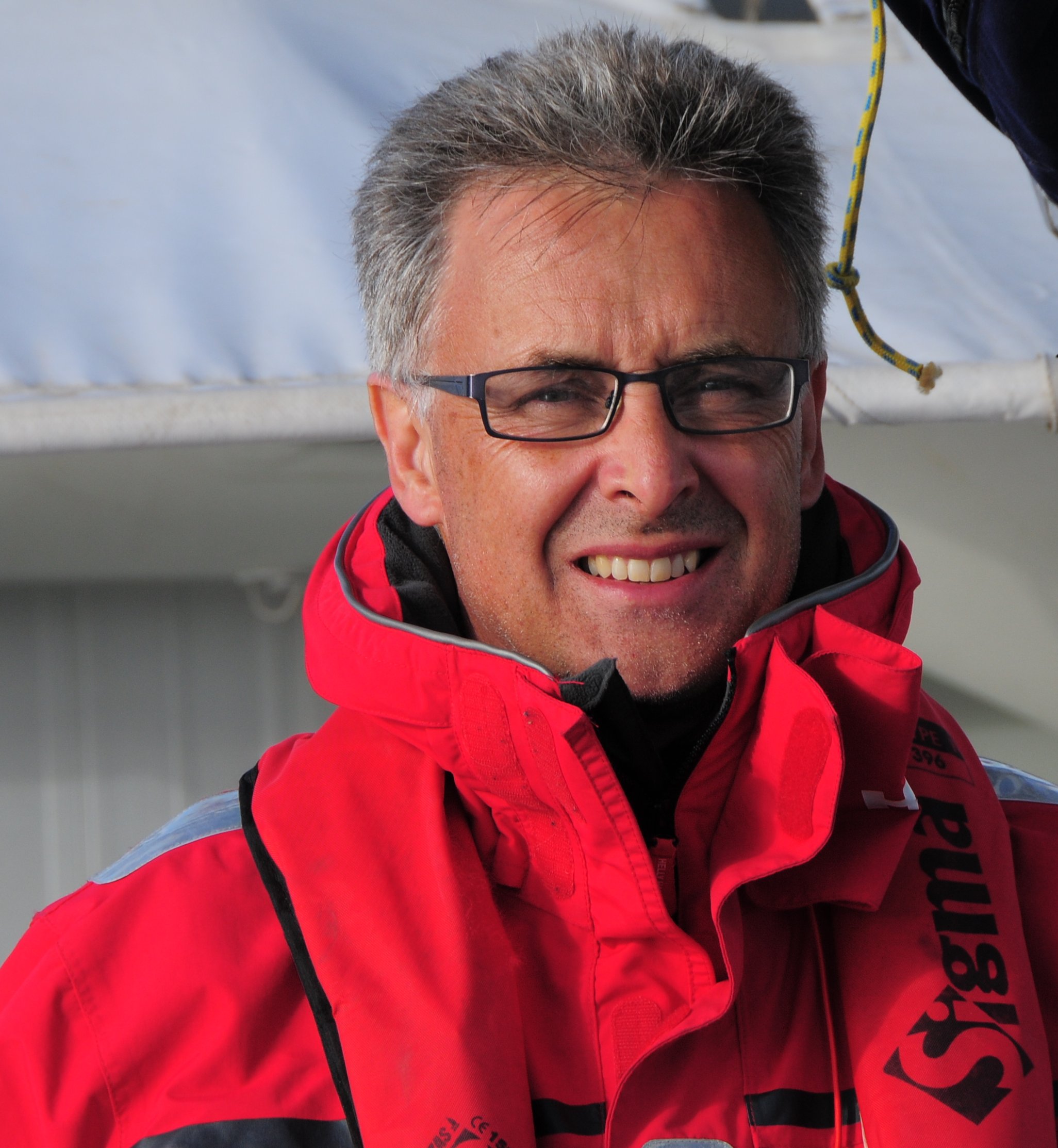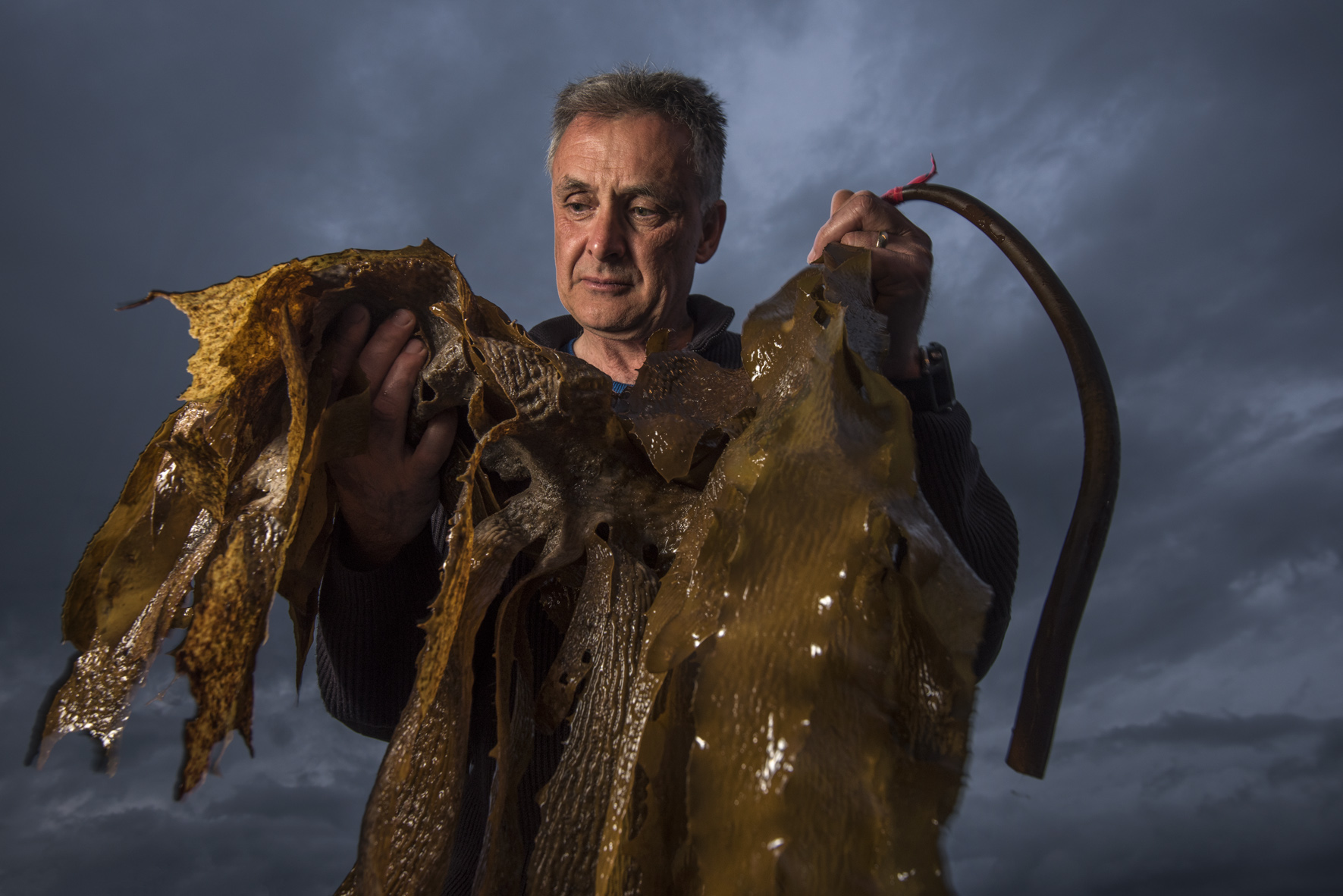
IMAS ecologist Professor Craig Johnson has been awarded a significant international marine science lifetime achievement award, and is only the third Australian to receive the recognition.
The triennial award was presented following the 2023 International Temperate Reef Symposium (ITRS) held at the University in Hobart last month and attended by almost 300 delegates.
The International Temperate Reef Symposium Award is decided by an international award committee, which chooses the winner based on their contributions to marine science where awardees have “achieved high international standing” in science and for “lifelong service and contributions to temperate marine ecology”.
The Chair of the committee, Professor David Schiel of the University of Canterbury, New Zealand, said highlights and international impacts of Professor Johnson’s career included his significant papers on the stability and recovery of damaged ecosystems, and his research showing the oceanographic, life history, and linkages between climate change, sea urchin invasions, and changes to the ecology of kelp ecosystems.
Professor Johnson has supervised 43 PhD students over his career, convened conferences, including the January ITRS conference, and contributed to national and global initiatives such as the Temperate Reef Base (a global data base for temperate reef researchers) as well as leadership of the Partnership for Observation of the Global Ocean (POGO) Working Group to design and implement a global observing and data sharing strategy for macroalgal (seaweed) communities.
 Professor Craig Johnson (Credit : Justin Gilligan)
Professor Craig Johnson (Credit : Justin Gilligan)
Professor Johnson, who completed his Bachelor of Science with Honours at the University of Tasmania before completing his PhD at Dalhousie University in Canada, said he was delighted to receive the award and to have contributed to the important field.
“Tasmania is an international hub for marine science, and I have been fortunate to have the opportunity to grow and develop marine science at the University of Tasmania,” Professor Johnson said.
“It’s been a privilege to work with so many talented students, post docs, and other colleagues in Hobart, and it’s wonderful to see that scientific evidence is increasingly influencing policy and management of marine systems.
“Tasmania is a hotspot for warming waters as a result of climate change, so much of the rest of the world has been interested in what is happening here as a potential bellwether for the kinds of changes that may happen in other parts of the world. It is vital that we continue to observe and run experiments in the field.”
The Executive Dean of the College of Sciences and Engineering at the University, Terry Bailey, congratulated Professor Johnson on excellence in marine research over a long period at the University.
“Craig’s work means we have a much better understanding of the impacts of invasive species and climate change on marine ecosystems and the loss and restoration of kelp along Tasmania’s coast.
“He has made a fantastic contribution to mentoring the next generation of marine scientists and improving understanding of our cool water reefs, both locally and internationally.”
Published 7 February 2023